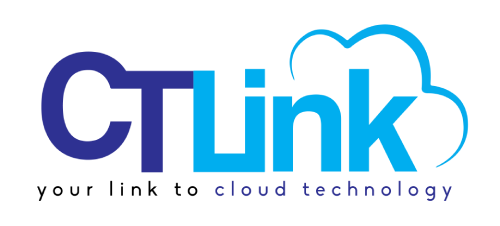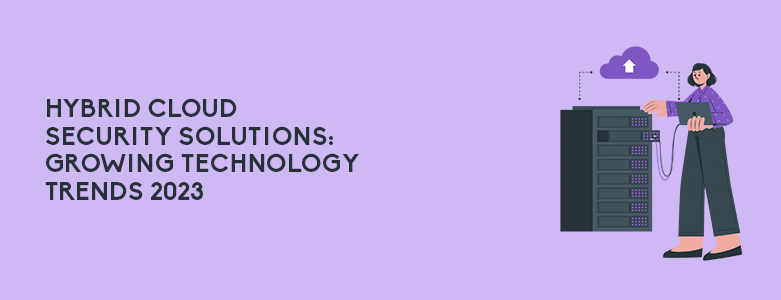In the Philippines, companies have started to embrace hybrid cloud solutions due the growth of remote work schedules. However, this digital shift has brought forth concerns regarding data security. This in turn has increased the interest of businesses in the Philippines hybrid cloud security solutions that address these concerns. So how do they address it? First, we need to look at what exactly these concerns are.
Challenges in Hybrid Cloud Security

Securing data in the Philippines’ hybrid cloud landscape can be challenging for businesses. Mainly due to challenges like managing access controls, ensuring data integrity during transmission, and adhering to local data protection regulations.
With a hybrid cloud setup, businesses face the complex task of managing user access across multiple environments. Ensuring that only authorized personnel can access sensitive information becomes a critical concern. Additionally, the secure transmission of data between public and private clouds must be guaranteed to prevent interception or tampering.
Local data protection regulations, such as the Data Privacy Act of 2012 (Republic Act No. 10173), require organizations in the Philippines to maintain a high level of data security. Failing to comply with these regulations can result in severe penalties. Therefore, businesses must implement hybrid cloud security solutions that align with these legal requirements.
Hybrid Cloud Security Solutions to Consider in the Philippines

So how are businesses supposed to keep their data safe from all these risks? Although there are many different solutions aimed to help businesses solve this issue, below are a few technologies that can help businesses based in the Philippines:
Identity and Access Management (IAM)

IAM solutions are vital in the Philippines to control and manage user access to hybrid cloud resources. This is especially important for preventing unauthorized access to sensitive data.
In the Philippine business landscape, where data breaches and unauthorized access to sensitive information can have significant legal and financial implications, IAM can play a pivotal role. By implementing IAM solutions, organizations can define and enforce access policies, ensuring that only authorized personnel can access specific resources. This granular control helps prevent data breaches and maintains compliance with local data protection regulations.
Encryption

Encrypting data both at rest and in transit is a fundamental step in protecting sensitive information. Robust encryption mechanisms ensure data confidentiality, aligning with Philippine data privacy laws.
With data breaches becoming increasingly prevalent, Philippine businesses must take a proactive stance on data security. Robust encryption measures help organizations in the country protect their data from unauthorized access and breaches. Encrypting data at rest ensures that even if physical devices are compromised, the data remains secure. Simultaneously, encrypting data in transit safeguards it from interception during transmission.
Security Information and Event Management (SIEM)

SIEM tools provide real-time monitoring of security events across hybrid cloud environments. In the Philippines, these tools help organizations promptly identify and respond to potential threats, bolstering overall cybersecurity.
As the cybersecurity landscape evolves in the Philippines, organizations need real-time visibility into security events. SIEM solutions offer a centralized platform that collects and analyzes data from various sources, allowing businesses to detect and respond to threats promptly. This proactive approach to cybersecurity is crucial in a country where cyber threats are on the rise, and the consequences of data breaches can be severe.
Threat Detection and Response

Advanced threat detection systems, integrated into hybrid cloud security solutions, utilize machine learning and AI to identify and mitigate security threats. This proactive approach is crucial in the Philippine cybersecurity landscape.
In the Philippines, where cyber threats continue to evolve in sophistication, traditional security measures may fall short. Advanced threat detection systems leverage machine learning and artificial intelligence to analyze vast amounts of data, identifying anomalies and potential threats in real time. This proactive approach to cybersecurity aligns with the growing need for robust protection in the face of evolving threats.
Future Trends in Hybrid Cloud Security

Staying ahead in hybrid cloud security involves keeping an eye on emerging trends. Look out for developments such as zero-trust security models and the integration of edge computing into security strategies.
As the Philippines continues its digital evolution, the need for robust hybrid cloud security solutions becomes increasingly evident. By comprehending the intricacies of hybrid cloud security and adapting them to the local landscape, organizations can protect their valuable data assets and thrive in a connected world.
To learn more about Hybrid Cloud Security solutions or even cloud based security, you may contact us at marketing@ctlink.com.ph to set a meeting with us today!


One Response